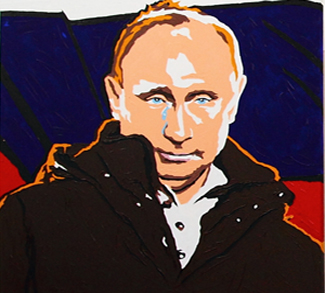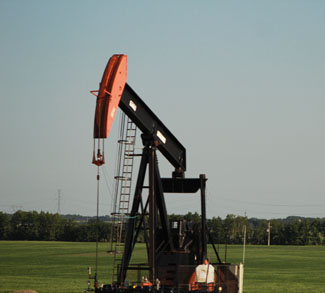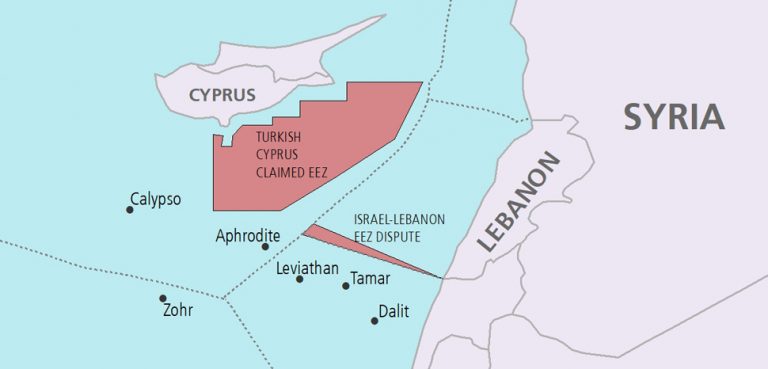The Man from St Petersburg
In recent years much ink has been spilled analyzing the personality, motives, and political agenda of Vladimir Putin. He came to power in 1999, during a traumatic period in Russia’s post-Soviet political history. The year before, economic crisis had forced the federal government to default on its debts and devalue the ruble. The first Chechen war had ended in defeat and did not bring peace to the north Caucasus. The administration of Russia’s first post-Soviet leader Boris Yeltsin was mired in corruption, nepotism, and incompetence, and the President’s health was failing, partly as a result of his struggles with alcoholism. Putin was sold as a clean pair of hands who could start things afresh.
Today Putin is often portrayed in the West as the source of our political problems with the Russian Federation, leading a corrupt anti-Western regime guilty of serious human rights abuses. But memory can be a treacherous thing. Boris Yeltsin’s Russia also saw gross human rights abuses in Chechnya, vast corruption, claims of election rigging, and murdered reporters. In one memorable case at the end of the Kosovo War, Russian soldiers engaged in a tense stand-off with NATO forces over Pristina airport. Nonetheless, it is Vladimir Putin who, with his strident nationalism, his crony capitalism and his appeals to conservative religious values, has come to symbolize renewed Western distrust of the Kremlin while Yeltsin is remembered as a happy drunken democrat. But it was Yeltsin, not Putin, who used military force to crush his parliamentary enemies in Moscow in 1993.




